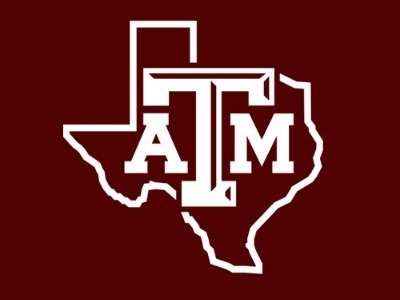
Texas A&M Professor's Controversial Dismissal Sparks National Debate
In a surprising turn of events that has garnered widespread attention, Melissa McCullough, a professor at Texas A&M University, has been terminated from her position after a viral video where she disputed her dismissal surfaced. The professor argued that the university's actions were unjust, creating a ripple effect throughout academia and sparking conversations about academic freedom and workplace rights.
The Video That Changed Everything
The video, which quickly gained traction on social media platforms, shows McCullough openly expressing her frustrations regarding the university’s policies and decision-making processes. Her articulate defense not only resonated with her students and colleagues but also caught the eye of local and national media, inciting various reactions across the educational community. Critics of the termination argue that her dismissal infringes on her right to free speech as an educator and raises questions about the environment in which professors operate.
Is Academic Freedom Under Siege?
The fallout from McCullough’s firing casts a spotlight on the ongoing debate surrounding academic freedom in Texas and beyond. As many universities grapple with balancing administrative control and faculty autonomy, McCullough’s case stands as a poignant reminder that the struggle for protecting educators’ rights is far from over. Many universities are adopting more stringent policies which, according to critics, lead to the suppression of diverse viewpoints in academic discussions.
Community Support and Reaction
In response to her termination, an outpouring of support from students, faculty, and alumni of Texas A&M has emerged. Petitions calling for her reinstatement have circulated widely, with thousands signing in favor of her return. This grassroots movement highlights the impact McCullough has had on her students and their deep respect for her as an educator who encourages open dialogue.
Lessons Learned and Future Implications
Such incidents serve as important lessons in the dynamics of academia and the rights of professors. As educators continue navigating these complex environments, it becomes increasingly crucial to foster understanding and create safe spaces for diverse thoughts within the university system. That means universities must reconsider their policies to cultivate environments that defend free expression and protect academic dialogue.
Conclusion: A Call to Action
As this situation continues to unfold, it is essential for those concerned with academic rights to remain engaged in discussions and support measures that uphold free speech in educational institutions. Let’s advocate for transparency and fairness within the academic framework, ensuring that the right to speak and the right to teach remain protected. In doing so, we not only support McCullough but also safeguard the future of academic integrity.
 Add Element
Add Element  Add Row
Add Row 



Write A Comment